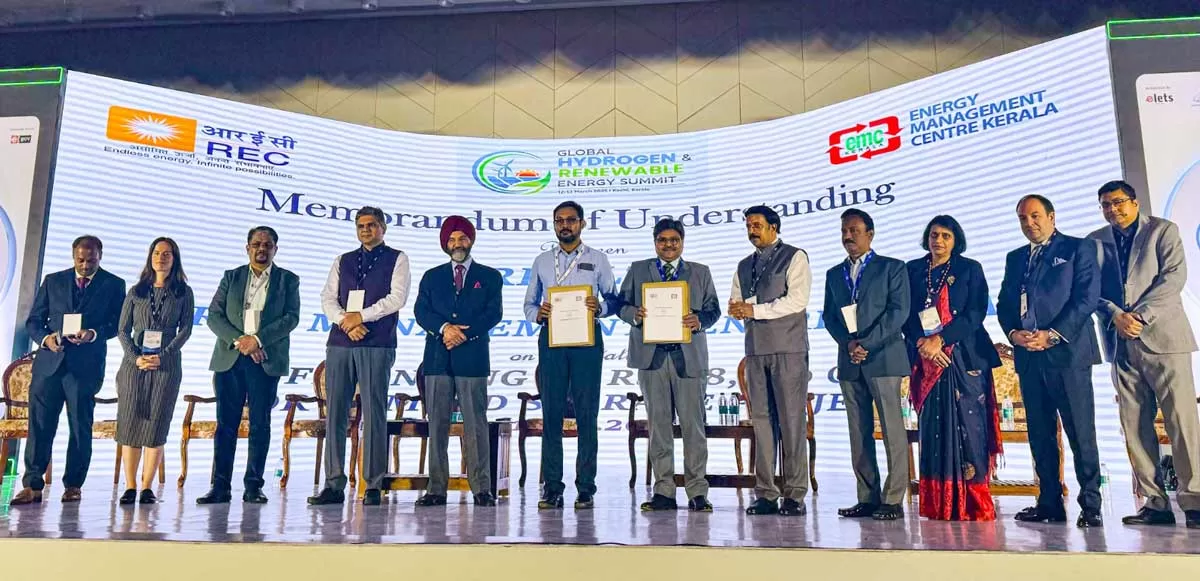
Vedanta Ltd in a race to become India's first chip maker

REC Signs MoU with Kerala Govt for Pump Storage Projects
REC Limited, a Maharatna CPSE under the Ministry of Power and a leading NBFC, has signed an MoU with the Energy Management Centre (EMC), Government of Kerala, for collaboration and financing of Pumped Storage Projects (PSP) in Kerala. The MoU was signed during the Global Green Hydrogen & Renewable Energy Summit 2025. Under this agreement, REC intends to finance Rs 183.60 billion in the PSP segment in Kerala over the next five years. The MoU was exchanged by Saurabh Rastogi, Executive Director, REC, and Dinesh Kumar, Joint Director, EMC, during the summit. The signing took place in the presenc..

Refining High-Purity Battery Metals with Lewatit MK51 from LANXESS
LANXESS is offering a new solution for the rapidly growing battery industry. The Lewatit MK 51 ion exchange resin from LANXESS selectively removes boron from metal concentrates, thus enabling the extraction of high-purity raw materials for use in batteries. In contrast to solvent extraction, ion exchange technology does not employ any environmentally harmful, flammable solvents. This enables users to operate sustainably and also saves investment costs, as the plants do not need to be equipped with explosion protection. Another advantage is that ion exchange plants can be built more compactly...

One Group Honoured at Big Impact Awards 2025
Renowned real estate developer ONE Group Developers has been honoured with the prestigious "Most Progressive Developer of TriCity" award at the Big Impact Awards 2025, hosted by BIG FM. The award was presented to Udit Jain, Director, ONE Group, at a grand ceremony held at JW Marriott, Chandigarh, on March 7, 2025. The event, which celebrated excellence across various industries, was graced by several distinguished personalities. Arbaaz Khan, the esteemed writer, producer, and actor, presented the award alongside Big FM's Country Distribution Head. The ceremony also witnessed the presence of n..














